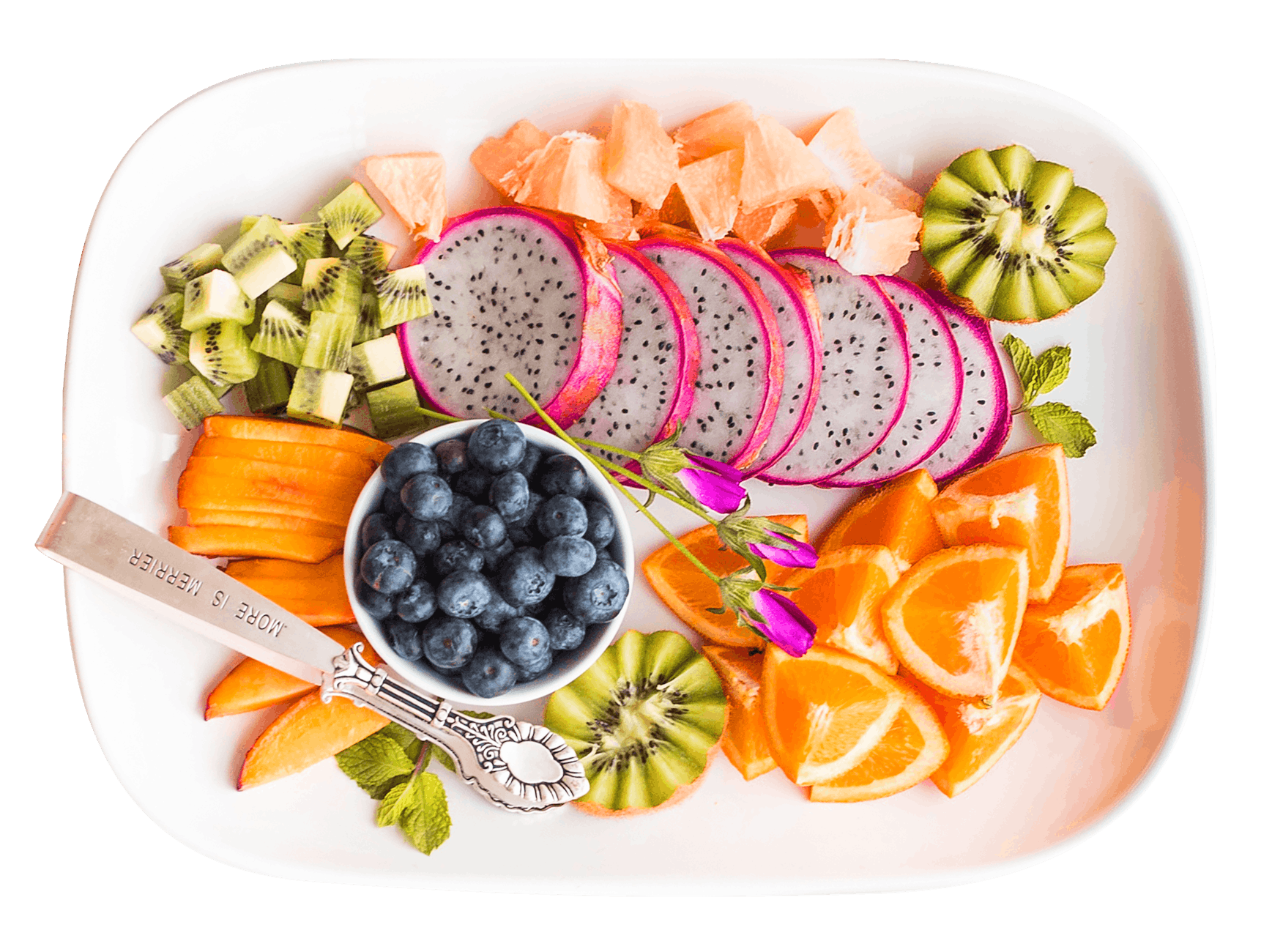
Feeling drained and scattered? You’re not alone. In our fast-paced world, maintaining energy and focus can feel like an uphill battle.
But what if there was a way to naturally boost your vitality and sharpen your concentration? Enter the world of supplements – your potential allies in the quest for peak performance. From the familiar buzz of caffeine to the lesser-known powerhouse of Coenzyme Q10, we’re about to explore the top 5 supplements that could transform your daily grind into a productivity powerhouse.
Ready to unlock your full potential? Let’s dive into these game-changing supplements that promise to energize your body and focus your mind. Whether you’re a busy professional, a student burning the midnight oil, or simply someone looking to get more out of each day, these natural boosters might just be the secret weapon you’ve been searching for.
Caffeine: The Classic Energy Booster

How caffeine enhances alertness
Caffeine, the world’s most widely consumed psychoactive substance, works by blocking adenosine receptors in the brain. This process prevents the onset of drowsiness and increases alertness. Additionally, caffeine stimulates the release of neurotransmitters like dopamine and norepinephrine, further enhancing cognitive function and energy levels.
| Caffeine Effects | Brain Response |
|---|---|
| Blocks adenosine | Prevents drowsiness |
| Stimulates neurotransmitters | Increases alertness |
| Boosts metabolism | Enhances energy production |
Recommended dosage for optimal effects
The optimal caffeine dosage varies among individuals, but general guidelines suggest:
- 50-100 mg for mild alertness
- 100-200 mg for moderate effects
- 200-400 mg for strong effects
It’s crucial to start with lower doses and gradually increase to find your personal sweet spot. Factors such as body weight, tolerance, and sensitivity can influence the ideal dosage.
Potential side effects and precautions
While caffeine offers numerous benefits, it’s important to be aware of potential side effects:
- Insomnia
- Anxiety
- Increased heart rate
- Digestive issues
- Dependency and withdrawal symptoms
To minimize risks, limit consumption to 400 mg per day for adults, avoid caffeine close to bedtime, and stay hydrated. Pregnant women, individuals with certain medical conditions, and those taking specific medications should consult a healthcare professional before consuming caffeine regularly.
Now that we’ve covered the classic energy booster, let’s explore a supplement that can complement caffeine’s effects while reducing its potential drawbacks.
L-Theanine: Calm Focus without Jitters

Synergistic effects when combined with caffeine
L-Theanine and caffeine form a powerful duo for enhancing focus and energy. When combined, they create a synergistic effect that provides a balanced and smooth cognitive boost. Here’s a comparison of their effects:
| Aspect | Caffeine Alone | L-Theanine + Caffeine |
|---|---|---|
| Focus | Increased, but jittery | Calm and sustained |
| Energy | Quick spike, followed by crash | Steady and long-lasting |
| Anxiety | May increase | Reduced |
| Cognitive performance | Improved | Enhanced further |
Natural sources of L-Theanine
L-Theanine is naturally found in several sources:
- Green tea
- Black tea
- White tea
- Some mushrooms (e.g., Bay Bolete)
Green tea is particularly rich in L-Theanine, which contributes to its reputation for promoting relaxation and focus.
Benefits for cognition and stress reduction
L-Theanine offers numerous benefits for mental well-being:
- Improved attention and reaction time
- Enhanced memory and learning ability
- Reduced stress and anxiety levels
- Better sleep quality
- Increased creativity and problem-solving skills
These cognitive enhancements make L-Theanine an excellent supplement for students, professionals, and anyone looking to boost their mental performance without the jitters associated with caffeine alone. Now, let’s explore another essential supplement for energy production: the Vitamin B Complex.
Vitamin B Complex: Essential for Energy Production

Key B vitamins for energy metabolism
The B vitamin complex plays a crucial role in energy production and overall well-being. Here are the key B vitamins essential for energy metabolism:
- Vitamin B1 (Thiamine)
- Vitamin B2 (Riboflavin)
- Vitamin B3 (Niacin)
- Vitamin B5 (Pantothenic Acid)
- Vitamin B6 (Pyridoxine)
- Vitamin B12 (Cobalamin)
| Vitamin | Function in Energy Metabolism |
|---|---|
| B1 | Converts carbohydrates to energy |
| B2 | Helps break down fats, proteins, and carbohydrates |
| B3 | Aids in cellular energy production |
| B5 | Essential for fatty acid synthesis |
| B6 | Helps metabolize amino acids and glycogen |
| B12 | Supports red blood cell formation and neurological function |
Signs of B vitamin deficiency
Recognizing B vitamin deficiency is crucial for maintaining optimal energy levels. Common signs include:
- Fatigue and weakness
- Anemia
- Cognitive difficulties
- Mood changes
- Digestive issues
Food sources vs. supplements
While B vitamins are available in supplement form, obtaining them through a balanced diet is often preferable. Here’s a comparison:
| Food Sources | Supplements |
|---|---|
| Natural and easily absorbed | Convenient and concentrated |
| Provides additional nutrients | May have better bioavailability |
| Less risk of overconsumption | Easier to control dosage |
| May be insufficient for some diets | Useful for specific deficiencies |
Incorporating B vitamin-rich foods like leafy greens, lean meats, eggs, and whole grains can significantly boost energy levels. However, for those with dietary restrictions or diagnosed deficiencies, supplements can be a valuable alternative. As always, consult with a healthcare professional before starting any new supplement regimen.
Rhodiola Rosea: Adaptogen for Stress and Fatigue
How Rhodiola combats mental and physical fatigue
Rhodiola Rosea, an adaptogenic herb, works wonders in fighting both mental and physical fatigue. This powerful supplement enhances the body’s ability to cope with stress, ultimately boosting energy levels and improving focus. Here’s how Rhodiola works:
- Increases serotonin and dopamine production
- Reduces cortisol levels (stress hormone)
- Enhances cellular energy metabolism
- Improves oxygen utilization in muscles
Optimal dosage and timing
To maximize the benefits of Rhodiola Rosea, it’s crucial to follow the recommended dosage and timing:
| Dosage | Timing | Duration |
|---|---|---|
| 200-600mg | Morning or early afternoon | 6-12 weeks |
For best results, start with a lower dose and gradually increase as needed. It’s advisable to take Rhodiola on an empty stomach or before meals.
Scientific studies supporting its efficacy
Numerous scientific studies have demonstrated the effectiveness of Rhodiola Rosea in combating fatigue and improving mental performance:
- A 2000 study published in Phytomedicine showed improved mental performance and reduced fatigue in students during exams.
- A 2009 study in Planta Medica found that Rhodiola significantly reduced symptoms of fatigue in participants with stress-related burnout.
- A 2012 systematic review in BMC Complementary Medicine and Therapies concluded that Rhodiola may have beneficial effects on physical performance, mental performance, and certain mental health conditions.
These studies highlight Rhodiola’s potential as a natural supplement for boosting energy and focus, making it a valuable addition to one’s daily regimen.
Coenzyme Q10 (CoQ10): Cellular Energy Powerhouse

Role in mitochondrial function
Coenzyme Q10 (CoQ10) plays a crucial role in cellular energy production within the mitochondria, often referred to as the powerhouses of our cells. This naturally occurring antioxidant is essential for the electron transport chain, which is responsible for generating adenosine triphosphate (ATP), the primary energy currency of cells.
Benefits for physical and mental performance
CoQ10 supplementation can lead to significant improvements in both physical and cognitive function:
- Physical Performance:
- Increased energy levels
- Enhanced exercise capacity
- Reduced muscle fatigue
- Mental Performance:
- Improved focus and concentration
- Enhanced cognitive function
- Potential neuroprotective effects
| Benefit Area | Physical Performance | Mental Performance |
|---|---|---|
| Key Impacts | Energy, Endurance, Recovery | Focus, Memory, Clarity |
| Mechanism | ATP production, Oxidative stress reduction | Neuronal energy support, Antioxidant protection |
Natural production vs. supplementation
While our bodies naturally produce CoQ10, production tends to decrease with age. Supplementation becomes increasingly important, especially for:
- Older adults
- Individuals with certain health conditions
- Those taking statin medications
Potential interactions with medications
CoQ10 may interact with certain medications, particularly:
- Blood thinners (e.g., warfarin)
- Blood pressure medications
- Chemotherapy drugs
It’s crucial to consult with a healthcare provider before starting CoQ10 supplementation, especially if you’re taking any medications or have underlying health conditions. With its potential to enhance both physical and mental performance, CoQ10 stands out as a powerful supplement for boosting energy and focus.

Incorporating these top five supplements into your daily routine can significantly enhance your energy levels and mental focus. Caffeine provides a quick boost, while L-Theanine offers a calming effect without the jitters. The Vitamin B complex is crucial for energy production, Rhodiola Rosea helps combat stress and fatigue, and CoQ10 supports cellular energy production.
Remember, while these supplements can be beneficial, it’s essential to consult with a healthcare professional before starting any new supplement regimen. Combine these supplements with a balanced diet, regular exercise, and adequate sleep for optimal results in improving your energy and focus throughout the day.


